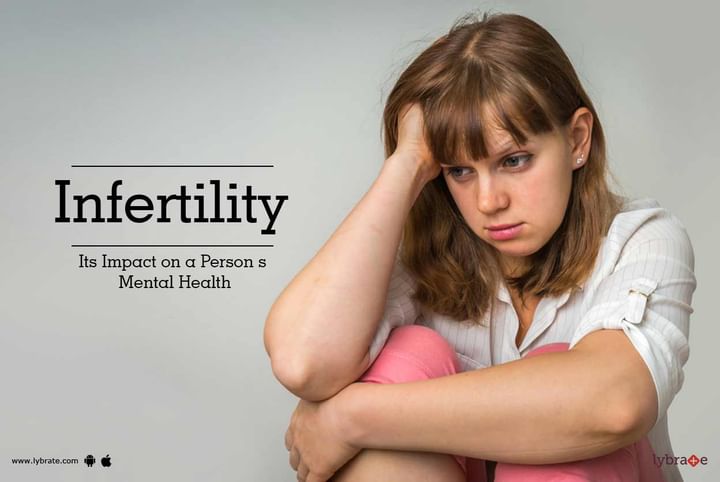Infertility - Its Impact on a Person's Mental Health
Almost every man and woman craves to have a child they can call their own. This makes an inability to procreate one of the most dreaded situations. Infertility can be defined as the inability to conceive a child within 12 months of biologically appropriately timed intercourse. Infertility exacts a huge psychological toll on the person.
Infertility often triggers depression in a person. This may be acute and result from specific events such as the holidays, family celebrations of the news of a someone else having conceived a child or could be cyclic and coincide with phases of their fertility cycle. This depression could lead to problems at work and communication with the spouse.
Infertility can also make a person feel helpless and affect their self esteem. Infertility accompanied by depression can trigger the feeling of having lost control over one’s life and can make people withdraw into themselves.
An infertile person may also often feel guilty and make them blame themselves and their prior actions for the condition. This leads them to question their worthiness of being a good spouse and potential parent. A woman who has suffered from an STD (sexually transmitted disease) earlier or has undergone an abortion earlier can become obsessed with blaming herself for being infertile.
This affects their daily lives and ability to work. An infertile person may also feel guilty for having robbed their partner of the chance to become a parent. This can put a strain on their relationship and in many cases lead to a broken marriage.
When they find themselves unable to conceive a child, a couple may try to time their intercourse with ovulation tools, such as an ovulation thermometer etc. and may try different positions, some of which may be fairly uncomfortable. They may also end up having intercourse more often than desired. In order to prevent sperm from leaking out of the vagina, a woman may also find herself lying in an awkward supine position after intercourse. A combination of all these factors makes the act a chore and with time can lead to a loss of libido.
Infertility can also trigger anger against life for having been treated unfairly or towards other parents. This may also be displaced towards their family and friends leading to situations where they feel ostracized and unsupported.
When dealing with infertility, it is important to understand that neither partner is to blame. Infertility is a physiological condition and can be treated in most cases. It is important for both partners to support each other during this process and if need be consult a counselor.



+1.svg)
